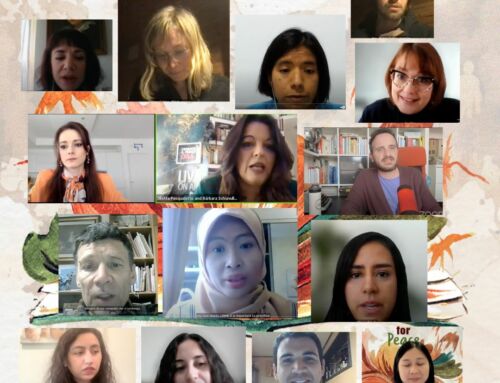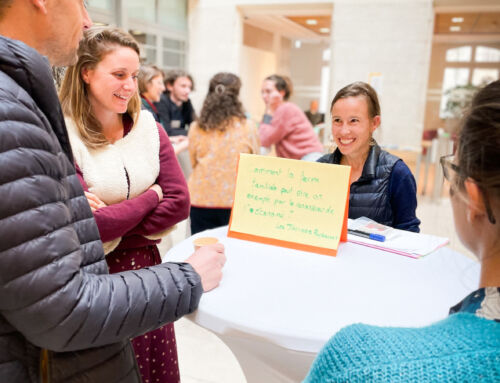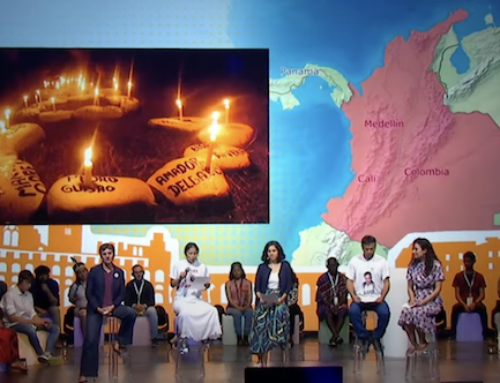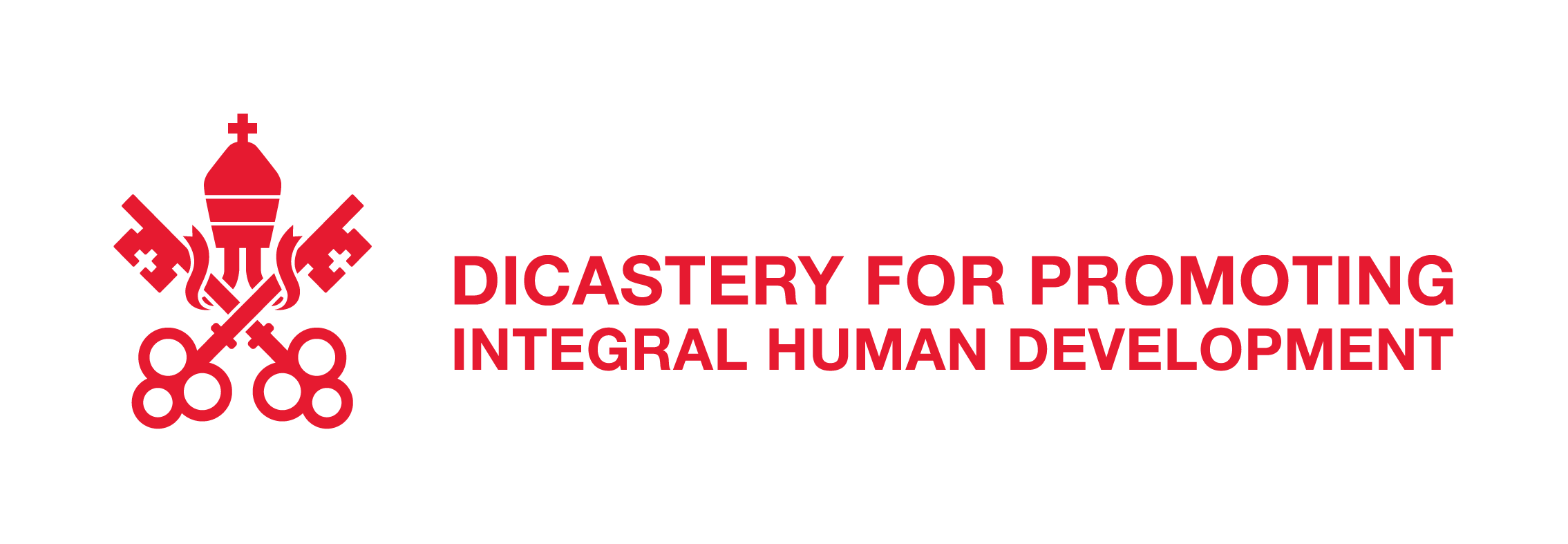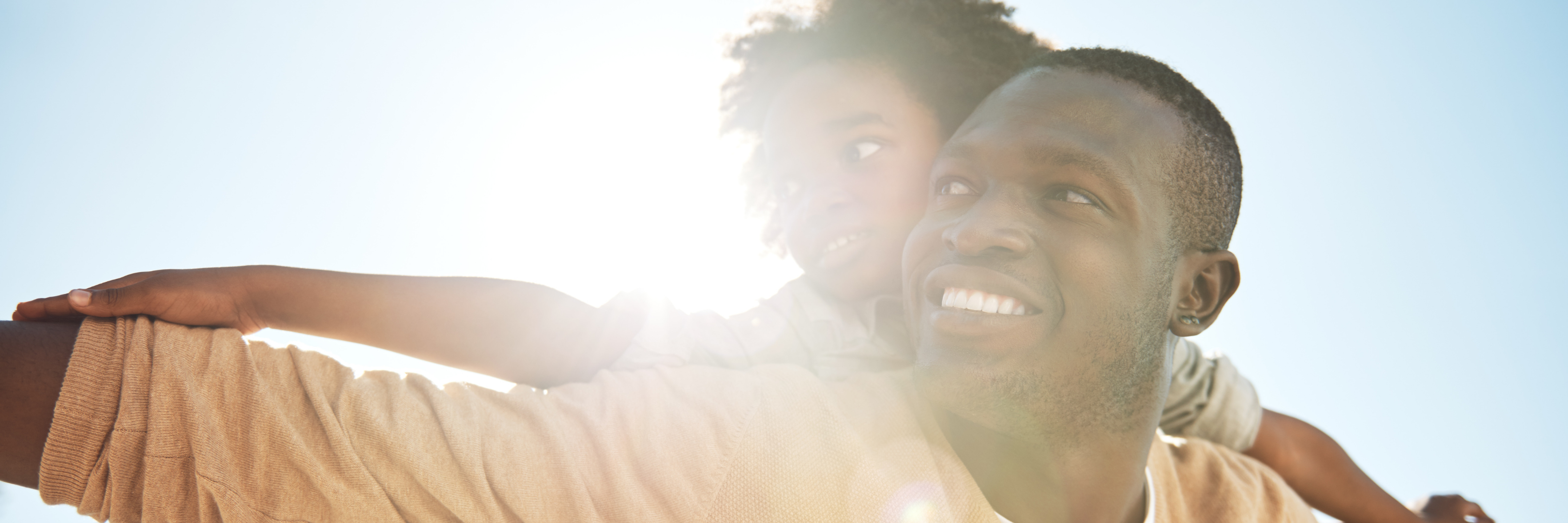
We are the wings of those who cannot fly
By: Francesca di Maolo, Avvenire.
For 150 years, the Seraphic Institute has taken care of children and young people with serious disabilities. Over the years, the needs of the people who cross its threshold have changed, and consequently so have our actions. But our mission is always the same: to bring fullness to the lives of the most vulnerable.
To protect life to the fullest, we need to have a clear understanding of the value of a human being: under all circumstances and beyond any limit or illness. It is precisely the recognition of the value of the other that has motivated us in these 150 years, a long journey that has been like sailing in the open sea, inspired by love along the path of fraternity. Life is extraordinary and it can always surprise us.
Many believe that situations like ours are full of pain. Certainly, I don’t deny it. Besides the most vulnerable life we experience suffering, but also joy, the authentic joy that takes you by surprise in front of the autonomy conquered by children and their amazement at the beauty that surrounds us. I’m thinking of David, who was brought here at the age of three, almost in a vegetative state, after a very serious accident that claimed the lives of his parents. The doctors at the hospital had told us that David was doomed to his condition, with perhaps only very slight improvements.
But I saw him slowly come back to life in the hands of extraordinary caregivers, who not only are highly competent and professional but who, driven by an impulse from the heart, never give up. Also for David it seemed that destiny had written his whole story, without a mother nor a father, and with eyes that seemed unable to perceive anything around him. I remember when one day I opened the door to the music therapist’s room. I found David stretched out on the grand piano: while the therapist Paola was playing the piano, Marco was working on his little body: giving him massage and vibrations.
I have memories of David in the park, in the water, and in the arms of an educator who read him a story. I remember who painted his room to make it more welcoming and who cleaned it with care and love. Then one special day I met him in the hallway and saw his eyes no longer dull but wide alert, which followed my voice. I was so moved, I couldn’t hold back the tears of emotion. I think of Veronica who has learned to walk in our corridors, of Giancarlo who, with the blink of his eyelashes and his extraordinary smile, communicates to us his every mood. I think of those who are no longer with us and whom we have held close to us until the end, acting as a bridge between heaven and earth.
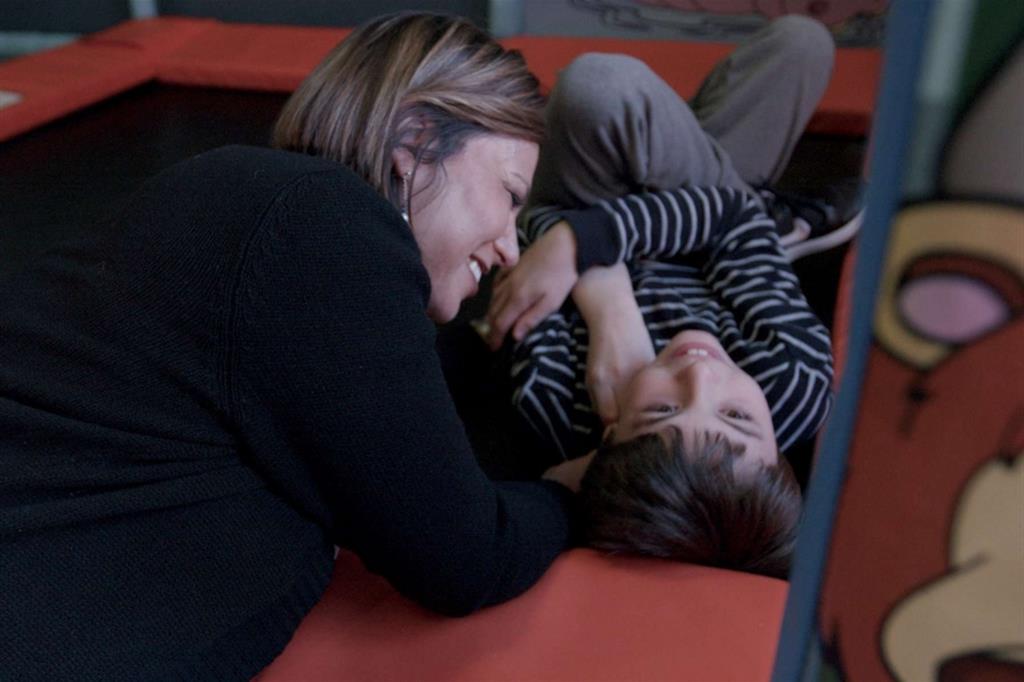
Besides the most vulnerable life, we learn that it is always possible to live a full life. This leads us to reflect also on some cultural deviations that threaten to overwhelm us.
In times of economic crisis, due to limited resources, access to health services is too often conditioned by the health benefits they can generate. Consequently, the incurable is considered to be beyond treatment. This is an absurd conclusion: the incurable can always be taken care of. Along with our children, we have learned that even in a motionless body there is a soul capable of flying if there is someone at its side. And we have the privilege of making this flight possible.
Extraordinary women and men who daily choose to protect life are the wings of so many vulnerable people. But they are also builders of justice and democracy. This is a phase of which we are not always fully aware.
Too often people believe that taking care of others is only an act of charity and assistance, which are discretionary and unnecessary activities. But it is not: it is recognition of the dignity of a person who has the right not only to survive but to live. Love and justice are inseparable. Taking care of others and accompanying them to participate in life is in the interest of the entire community because democracy demands that no one is left behind.
We are aware that it is in day-to-day life with the sick, the disabled, the elderly and their families that the dignity of a person, from a mere statement, can become a living word. We know that protecting life goes beyond the strict sense of healthcare. At the Seraphic Institute, we have become aware that we are not only called to be the hands and eyes of our children: we must also be their voice in society.
Pope Francis, in his meeting with the Seraphic Institute last December 13, recalled that «every human person is precious, has a value that does not depend on what he/she has or on his/her abilities, but on the very fact that he/she is a person, the image of God. If disability or illness makes life more difficult, it is not less worthy of being loved, and lived to the fullest.»
The recognition of the value of each person is truly the only way to change the paradigm according to a new perspective that, precisely following the words of the Holy Father, puts the most vulnerable person at the center of our care and attention. And also at the center of political interest. As the Pope emphasized, it is a “goal of civilization,” which can only be achieved if we all recognize ourselves as custodians of life.
Life is good that cannot be left at the mercy of false freedom, solitude and abandonment. We are all custodians of life, of one another. Achieving this individual and collective awareness is also the only way to rebuild our country towards a development that will be real and sustainable only if we do not leave anyone behind.
The President of the Seraphic Institute of Assisi.


